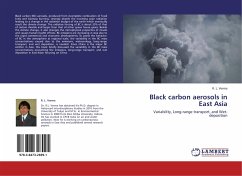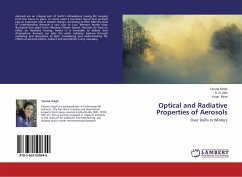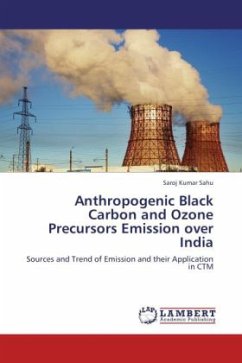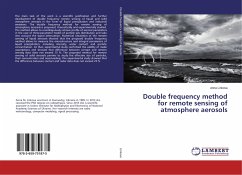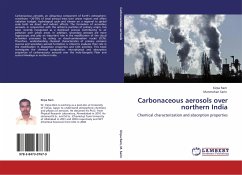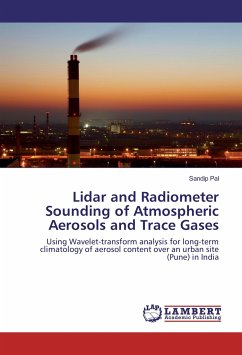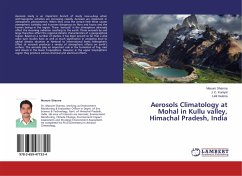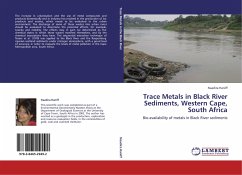Black carbon (BC) aerosols, produced from incomplete combustion of fossil fuels and biomass burning, strongly absorb the incoming solar radiation leading to a change in the radiation budget of the earth which eventually result the climate change. The radiative forcing of BC is about 55% of that of carbon dioxide and larger than that of other green house gases. Beside the climate change, it also changes the microphysical properties of clouds and causes human health effects. BC emissions are increasing in Asia due to the rapid commercial and economic developments. To assess the behavior of BC in the atmosphere at regional scale, the variability in the BC mass concentrations caused due to the emissions, meteorology, long-range transport, and wet deposition, is needed. Since China is the major BC emitter in Asia, this book briefly discussed the variability in the BC mass concentrations accounting the emissions, long-range transport, and wet deposition in East Asian focusing on China.
Bitte wählen Sie Ihr Anliegen aus.
Rechnungen
Retourenschein anfordern
Bestellstatus
Storno

